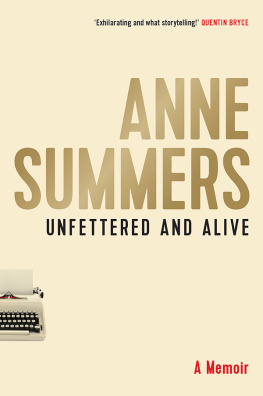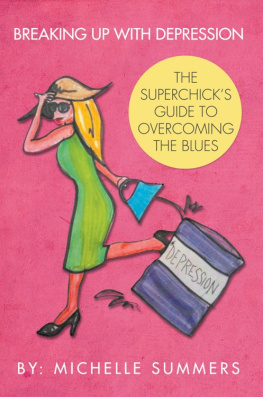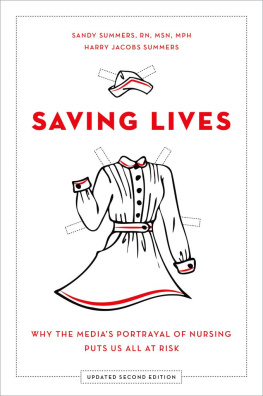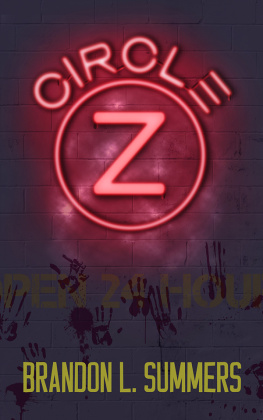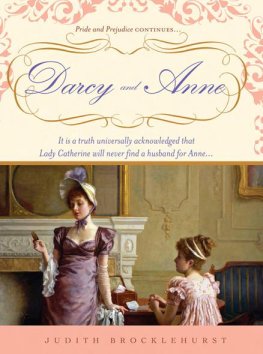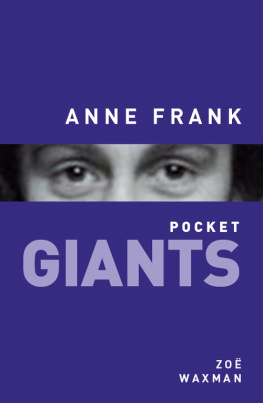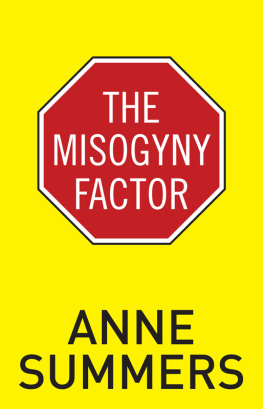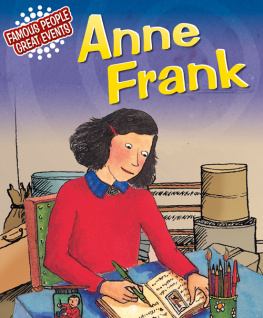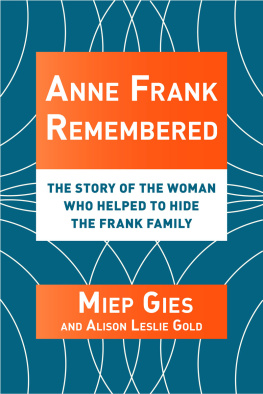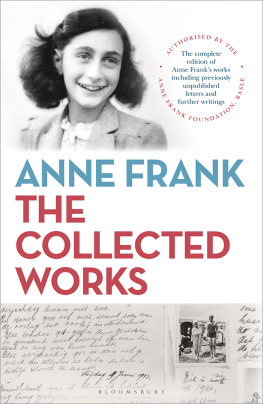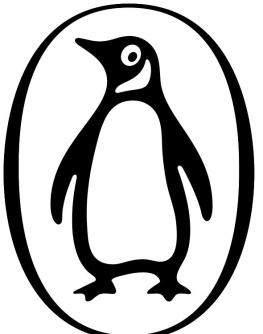Also by Anne Summers
The Misogyny Factor
The Lost Mother. A Story of Art and Love
On Luck
The End of Equality. Work babies and Womens Choices in 21st century Australia
Ducks on the Pond. An autobiography 1945-1976
Gamble for Power. How Bob Hawke Beat Malcolm Fraser. The 1983 Election
Her Story. Australian Women in Print, 1788-1975 (with Margaret Bettison)
Damned Whores and Gods Police. The Colonisation of Women in Australia.
First published in 2018
Copyright Anne Summers 2018
All rights reserved. No part of this book may be reproduced or transmitted in any form or by any means, electronic or mechanical, including photocopying, recording or by any information storage and retrieval system, without prior permission in writing from the publisher. The Australian Copyright Act 1968 (the Act) allows a maximum of one chapter or 10 per cent of this book, whichever is the greater, to be photocopied by any educational institution for its educational purposes provided that the educational institution (or body that administers it) has given a remuneration notice to the Copyright Agency (Australia) under the Act.
Allen & Unwin
83 Alexander Street
Crows Nest NSW 2065
Australia
Phone:(61 2) 8425 0100
Email:
Web:www.allenandunwin.com

ISBN 978 1 74331 841 6
eISBN 978 1 76063 791 0
Set by Midland Typesetters, Australia
Cover photo by iStock
Cover design by Philip Campbell Design
For Chip
One is not born, rather one becomes woman. No biological, psychic or economic destiny defines the figure that the human female takes on in society; it is civilization as a whole that elaborates this intermediary product between the male and the eunuch that is called feminine.
Simone de Beauvoir, The Second Sex, 1949
CONTENTS


women are still in their early days. There isnt very much for them to be like without upsetting preconceptions. Some of them are warriors, too, but mostly theyre belly dancers or capable little Victorian mothers.
Elizabeth Harrower, In Certain Circles, 2014 (written in 1971)
Anne,
You are thirty now.
Already, you have done more with your life than you dreamed was possible. You have published your first book. You are about to start work as a journalist. But what you have already done does not matter so much as what you will do from now. Your life is still ahead of you.
You need to understand that what becomes of you is almost entirely up to you. It is your choice, your decision. You have already shown that you can shape your future. You wanted to be a writer but your much younger and more practical self told you such dreams were not for people like you. Yet you found the grit and the courage to shut your ears to those who had other plans for you, and you learned to put yourself first. That was quite an unusual thing to do back then. You and your close friends talked about lives that would be different from those that had been laid out for you by your parents and teachers but you knew no one who had done it. There were few women you could see to model your selves on. Except in books.
When you were a teenager you wanted something, anything, more engaging than the dreary and stultifying choices that seemed to be the only options for a Catholic girl in the staid city of Adelaide in the late 1950s. It was through books that you learned that there were other lives, different from those of your mother and her three sisters.
At the age of twenty your mother Eileen (but always known by her nickname Tun) married, and over the next fourteen years had six children. You were the first and the only girl. Her oldest sister, Sheila, married at what in those days was considered the very late age of 39 and quickly bore three children. Of the two younger sisters, Gwen entered the convent, becoming a Sister of Mercy, while Nance remained unmarried. She was, as they used to say, a spinster. You were given to understand that the lives of your mother and her sisters represented the only choices available to you. You could marry and have children, you could become a nun or, as the harsh language of the day had it, you could be left on the shelf . As a fourteen-year-old you briefly flirted with the idea of becoming a nun, but you soon outgrew that. You found your spinster aunt to be the most intriguing of your female relatives. You envied Nance her freedom. No home duties for her. That was the term most women in those days used to describe what they did; on the census form, they wrote housewife. Your aunt had a job, in a bank. She was the one who unwittingly first implanted in you the spark of the idea that marriage and kids need not be inevitable. She was just two years older than you are now when she died, of kidney disease. Nance Hogan never got to see what you did with your life, which is a shame because in all likelihood without her example, the path you trod might have been very different.
You left school as soon as it was legal at the age of sixteen and, again perhaps unconsciously following Nances example, your first job was in a bank. Because you were a girl, you were not allowed to handle the money but you were expected to make cups of tea for the tellers and the manager. It did not occur to you to demur. All you could think about was saving money as fast as you could to buy the typewriter you had convinced yourself was key to your future. You had been writing since you were about seven, fervently contributing to the childrens pages of The Advertiser, the Catholic newspaper The Southern Cross and the ABCs childrens radio program, the Argonauts. You wrote short stories and plays and even sent off a piece to a national womens magazine. Using a pseudonym of course.
You didnt know women who were doing anything outside the home, let alone making a living with their typewriters, yet you were aware of them from books, many of them written by women. But they were remote creatures, from England or Ireland or even exotic places like France. You had yet to discover how a girl in Adelaide could become one of these women. All you could see was that on the printed page, there were no limits. You could imagine, and you could dream. You could tell yourself, I want to be a writer. I want to write books and be a journalist. You knew there were people, women, who did both. What you needed to figure out was: could you?
You were impatient to discover what life held for you. When you were in your twenties, you realised that life could be an adventure. You did not have to follow a pre-ordained path. In the 1960s all the old rules were starting to dissolve which meant there were opportunities, and choices, that once would not have been there for you. Perhaps the most important lesson of those years was the discovery that you were in charge of yourself. You could choose what to do, and if you realised that marrying young just as the womens liberation movement was turning everyones life upside down had been the wrong thing for you, you were able to change course. You discovered the French writer Simone de Beauvoir and her revolutionary feminist book The Second Sex. It had been published twenty years earlier, in 1949, but its opening words, One is not born but, rather, one becomes a woman had a profound impact on you. These words made you hungry to learn more about this critique of womens traditional roles that presaged new ways of being a woman. You were especially taken with de Beauvoirs later observation, in 1965, Women are obliged to play at being what they arent, to play, for example, at being great courtesans, to fake their personalities. Theyre on the brink of neurosis, she said in an interview in

